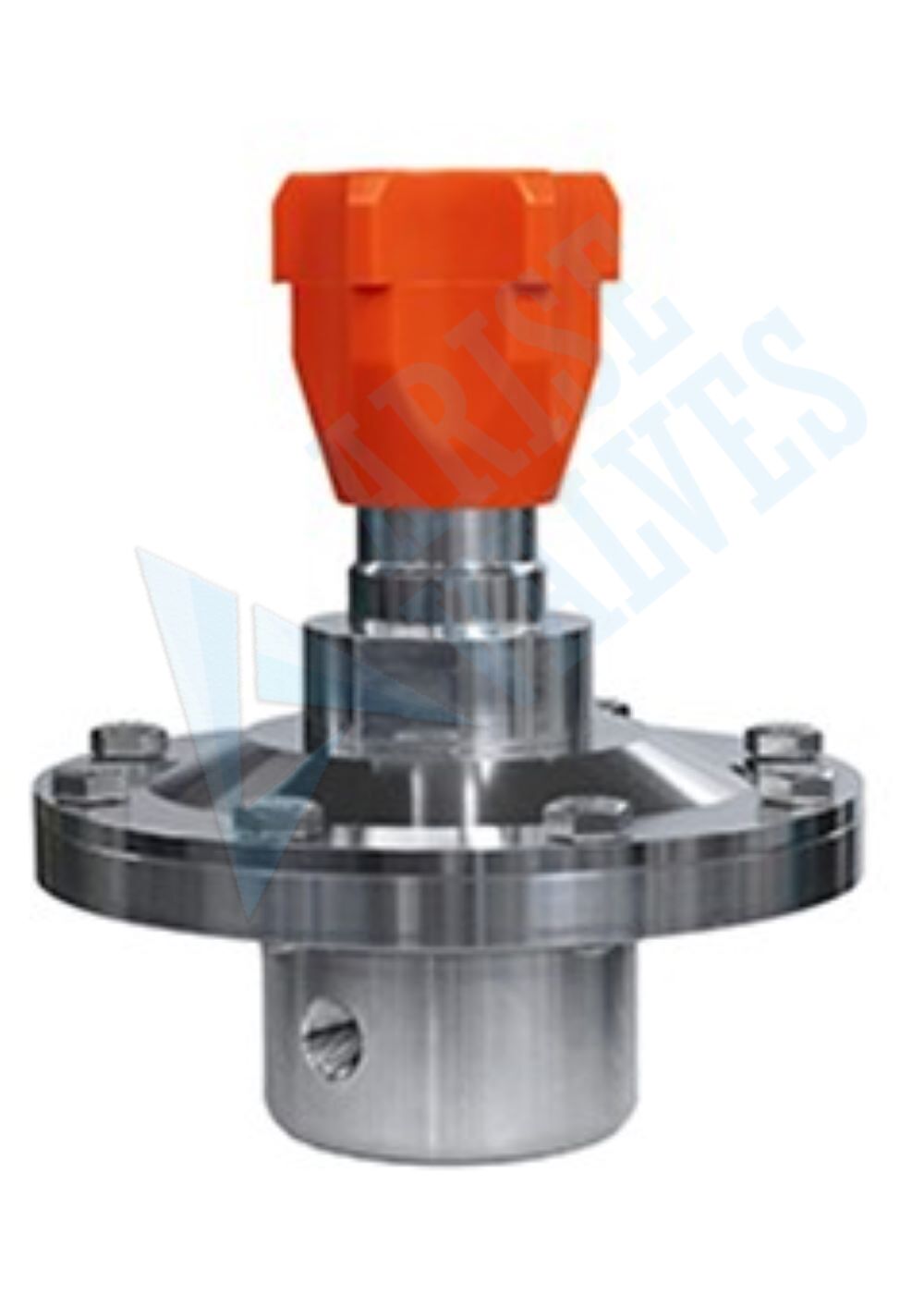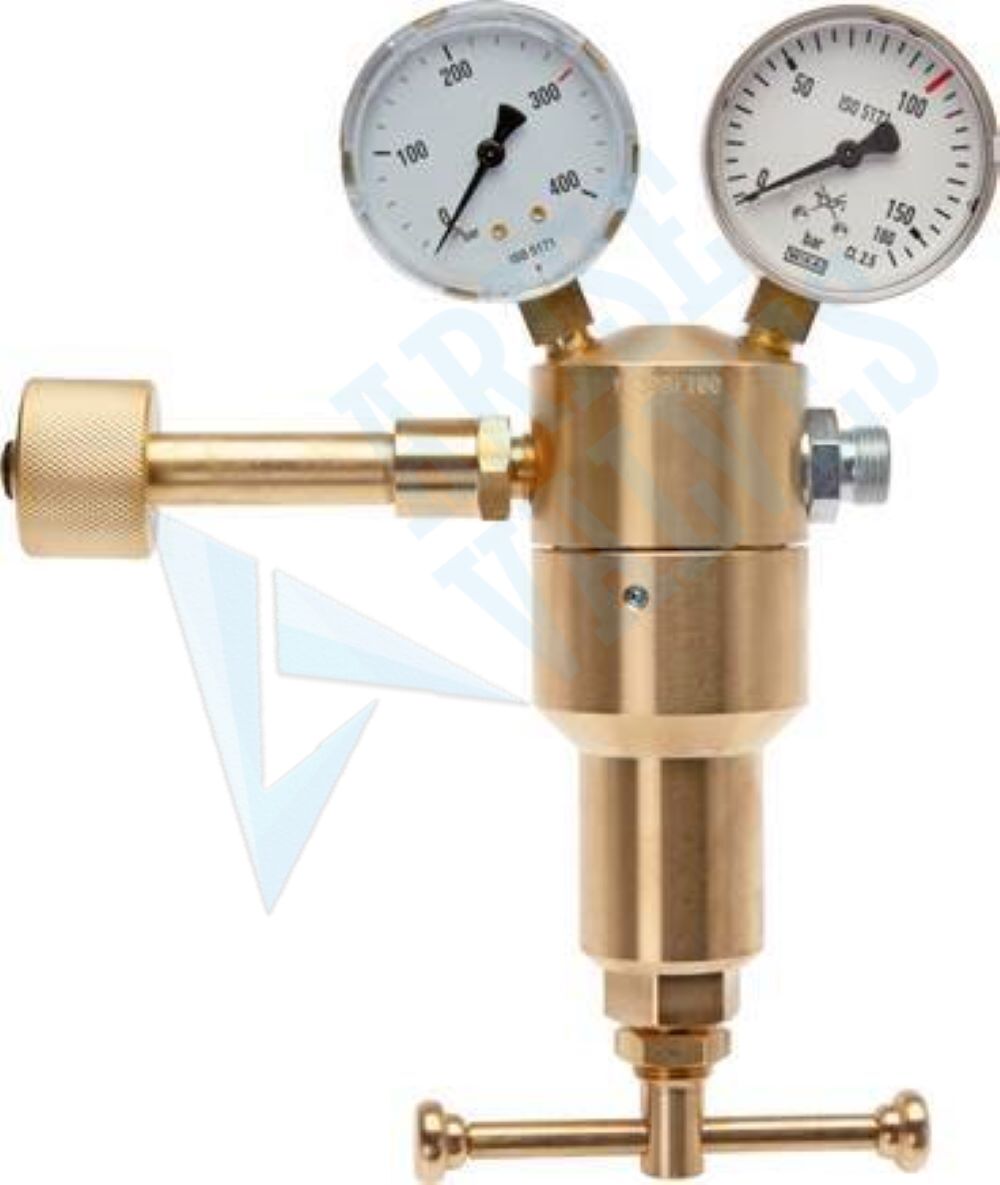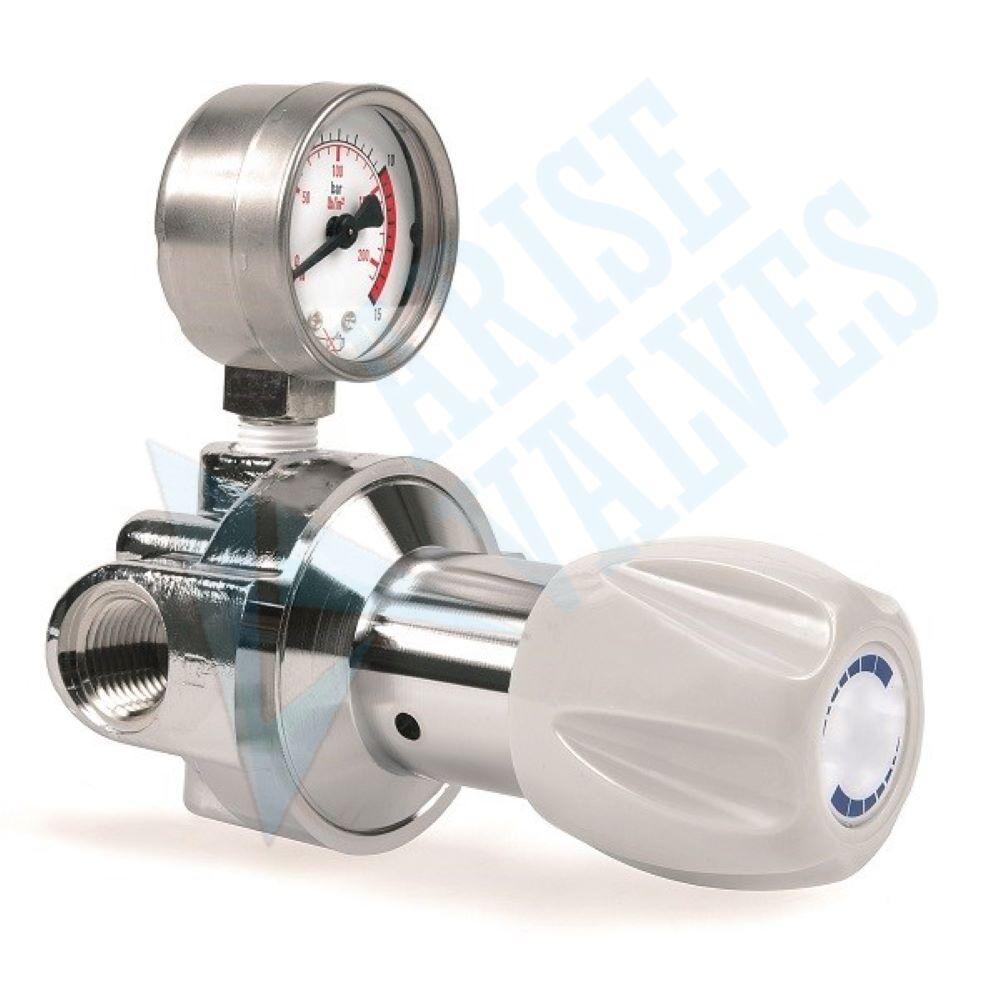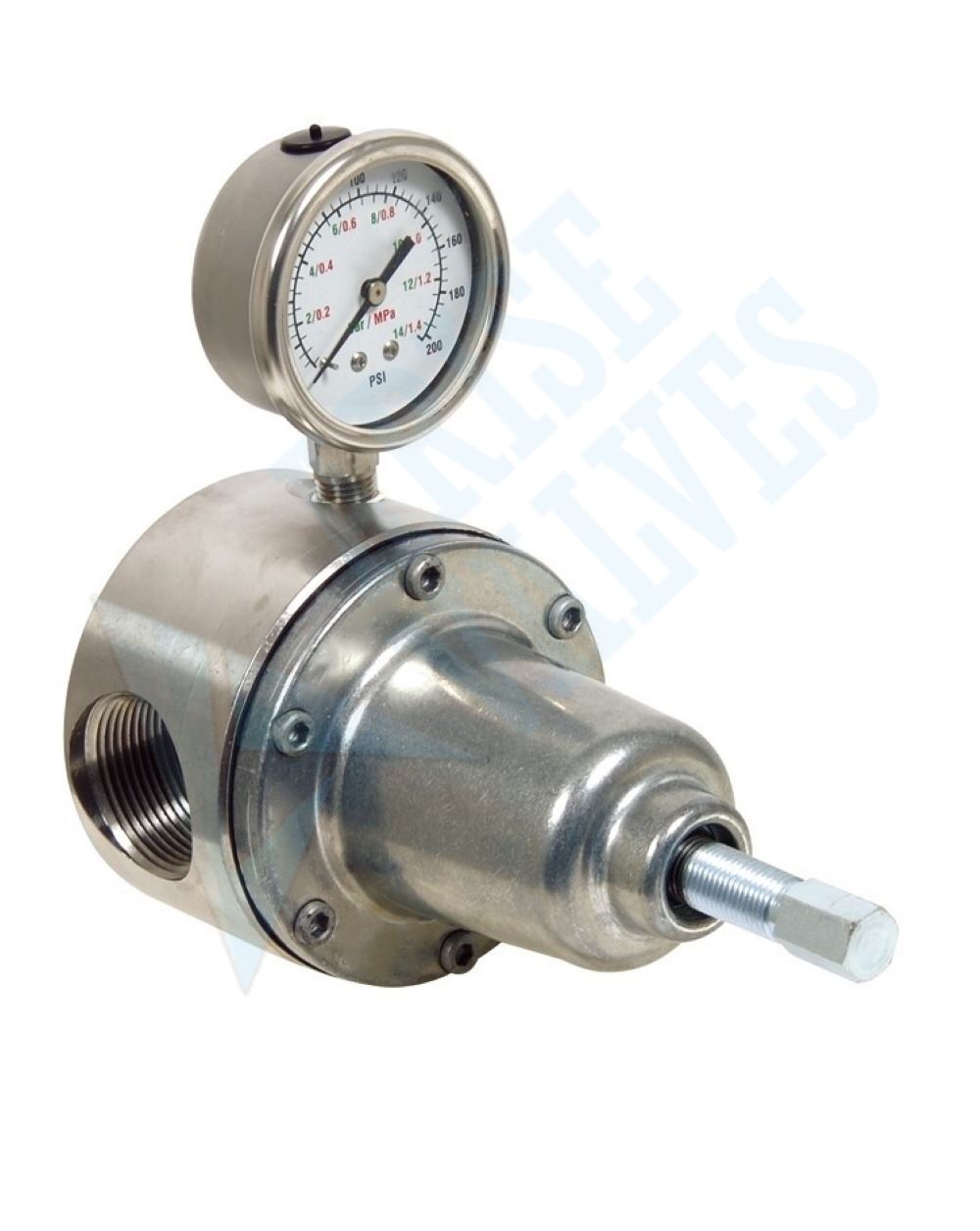Lp pressure regulator
Low-Pressure (LP) Regulator
An LP pressure regulator controls and maintains a stable low-pressure output from a higher-pressure source, ensuring safe and efficient gas or fluid flow. It is commonly used in residential, commercial, and industrial applications for precise pressure regulation.
Key Features:
- Accurate Pressure Control – Maintains a steady low-pressure output for consistent performance.
- Durable Construction – Made from corrosion-resistant materials for long-term reliability.
- Compact & Lightweight – Designed for easy installation and space-saving applications.
- Adjustable Pressure Settings – Allows fine-tuning for specific system requirements.
- Built-in Safety Mechanisms – Prevents overpressure conditions and ensures safe operation.
Application:
- LPG & Natural Gas Systems – Used in home, commercial kitchens, and gas supply networks.
- HVAC & Heating Systems – Controls gas flow in furnaces, boilers, and water heaters.
- Industrial Gas Distribution – Ensures regulated pressure in manufacturing and processing plants.
- Medical Equipment – Used in oxygen and anesthesia gas delivery systems.
- Agriculture & Irrigation – Controls pressure in gas-powered irrigation systems.
Advantages:
- Enhances System Efficiency – Provides consistent pressure for optimal performance.
- Prevents Equipment Damage – Protects appliances from excessive pressure variations.
- Improves Safety – Reduces risks of leaks, explosions, and overpressure hazards.
- Reduces Gas Consumption – Optimizes fuel usage, lowering operational costs.
- Extends Equipment Lifespan – Minimizes wear and tear on connected components.
Maintenance & Safety Tips:
- Regular Inspections – Check for leaks, corrosion, and pressure fluctuations.
- Clean & Replace Filters – Prevents clogging and ensures smooth gas flow.
- Use Proper Installation – Ensure correct placement to avoid operational issues.
- Adjust Gradually – Prevent sudden pressure changes that may harm equipment.
- Follow Manufacturer Guidelines – Adhere to recommended servicing and safety protocols.



